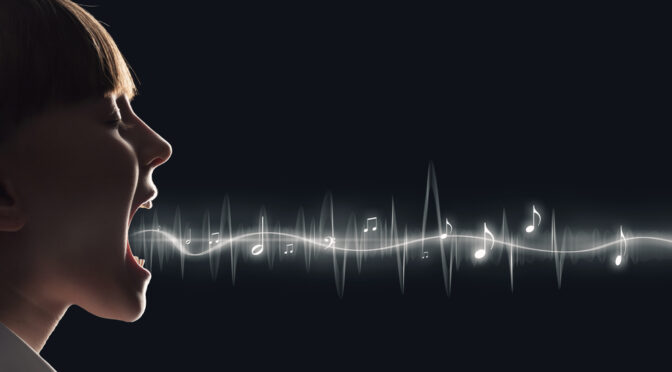The connection between learning music and a language.
Everything we learn seems to go so much easier when we are young. Children function like sponges. Give them some kind of information and they will suck it up. Your childhood is the best period to learn different subjects that will benefit you in the long run.
This is also the reason why many parents encourage their children to play a musical instrument or to learn one of the multiple languages that are being offered at school. For children, it can sometimes be seen as a hazard but most of the times this gets replaced by gratitude as they grow older.
“Language and music defines us as humans.” – Psychologist A. Pattel
Is there a way which makes it easier to learn a language or music when we have passed the threshold of childhood? How does one influence the other? What is the connection between learning a language and music simultaneously?
In several ways, music and languages can be compared.
Think about it, they have the same buildup. When you start to learn a language, the first thing you learn are the basic most common words. The next step is combining the words into simple sentences and making yourself understood. This will be followed by learning the matching grammar.
The more you practice, the more you grow and more possibilities will arise, allowing you to play around and experiment with a language. Finally, you will even be able to express your feeling and thoughts, mingle in debates and other linguistic herds. Knowing you control the language instead of being restricted by it.
When studying music or a musical instrument you start just like a language, with the basics. You first experiment with different sounds; sounds we labeled as different notes.

The next step is combining different notes which will form chords. After practicing and matching different chords you will slowly get the feeling of which compilations make harmonious melodies. When reproducing and composing melodies have become an acquired skill, you can start by playing around.
Finally, in the end you will be able to express yourself through your music. Reflecting your feelings through sound, perhaps in an emotional symphony or a mesmerizing composition. Your creativity is your only boundary.
It does not come completely as a shock to find out that linguistic and musical processing has very similar basic cognitive building blocks. When we learn about the capabilities of our brain, many aspects are still one big mystery. We do know that our brain function can be compared to a muscle. The more we use certain areas and aspects of our brain the more it gets trained.
 A Finnish study conducted in 2011 by a music and education researcher Riia Milovanov and her colleagues, shows the benefits of growing up bilingual and the ability to learn a language at a later stage in life.
A Finnish study conducted in 2011 by a music and education researcher Riia Milovanov and her colleagues, shows the benefits of growing up bilingual and the ability to learn a language at a later stage in life.
According to this study, these benefits apply as well when a language is being combined with learning and practicing a musical instrument.
Making the brains elasticity and plasticity optimal to learn a new language or and vice versa.

